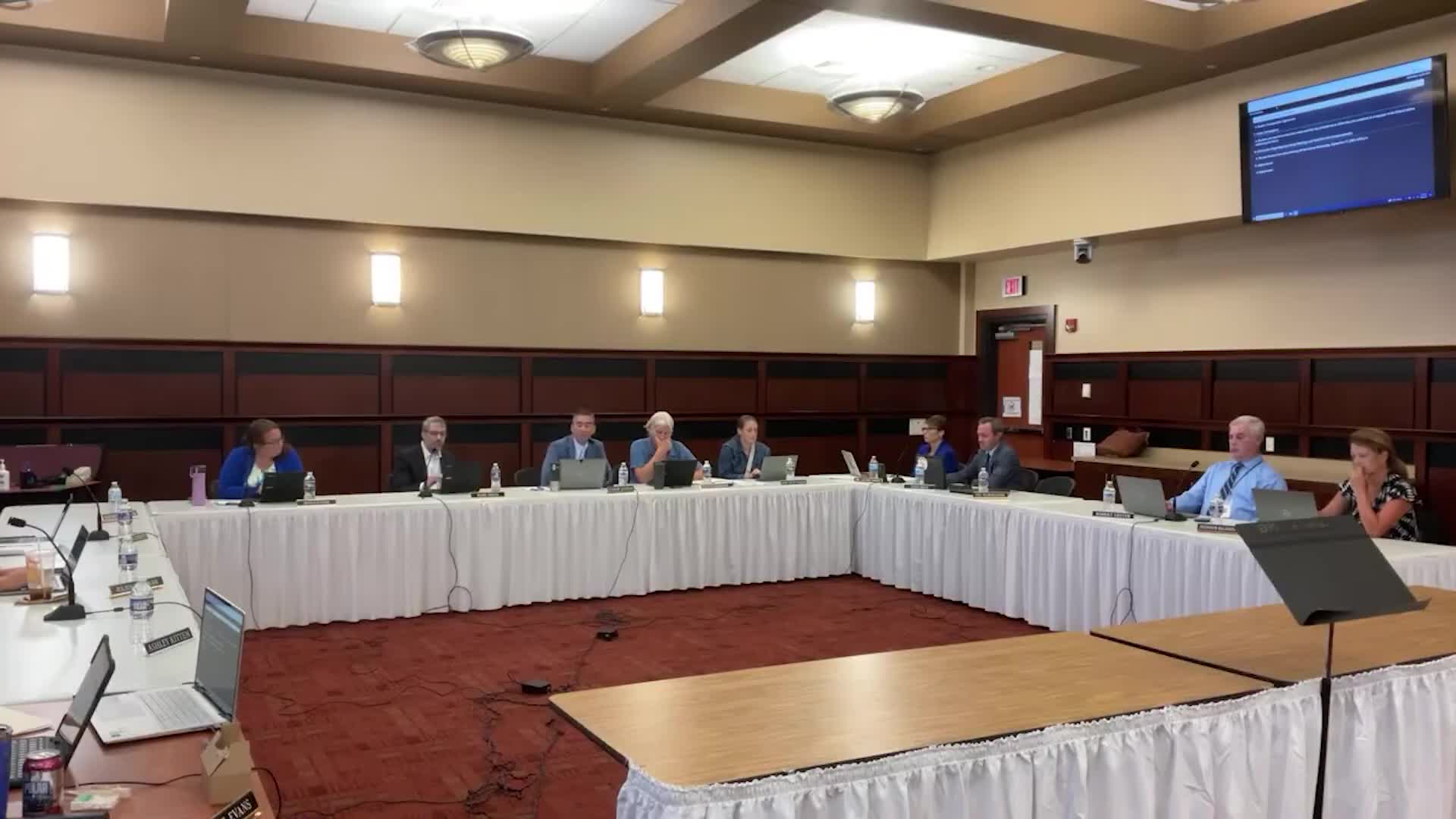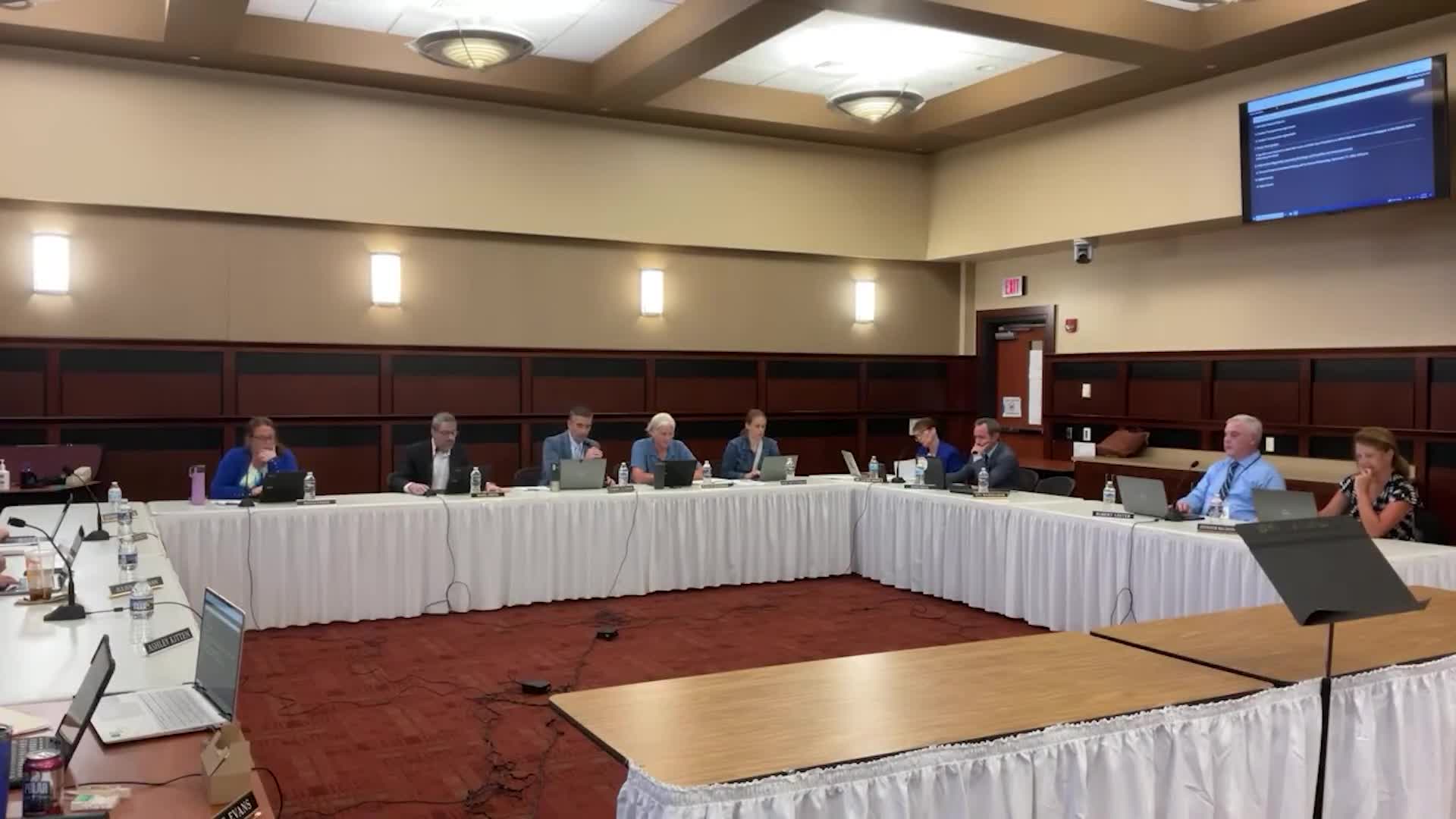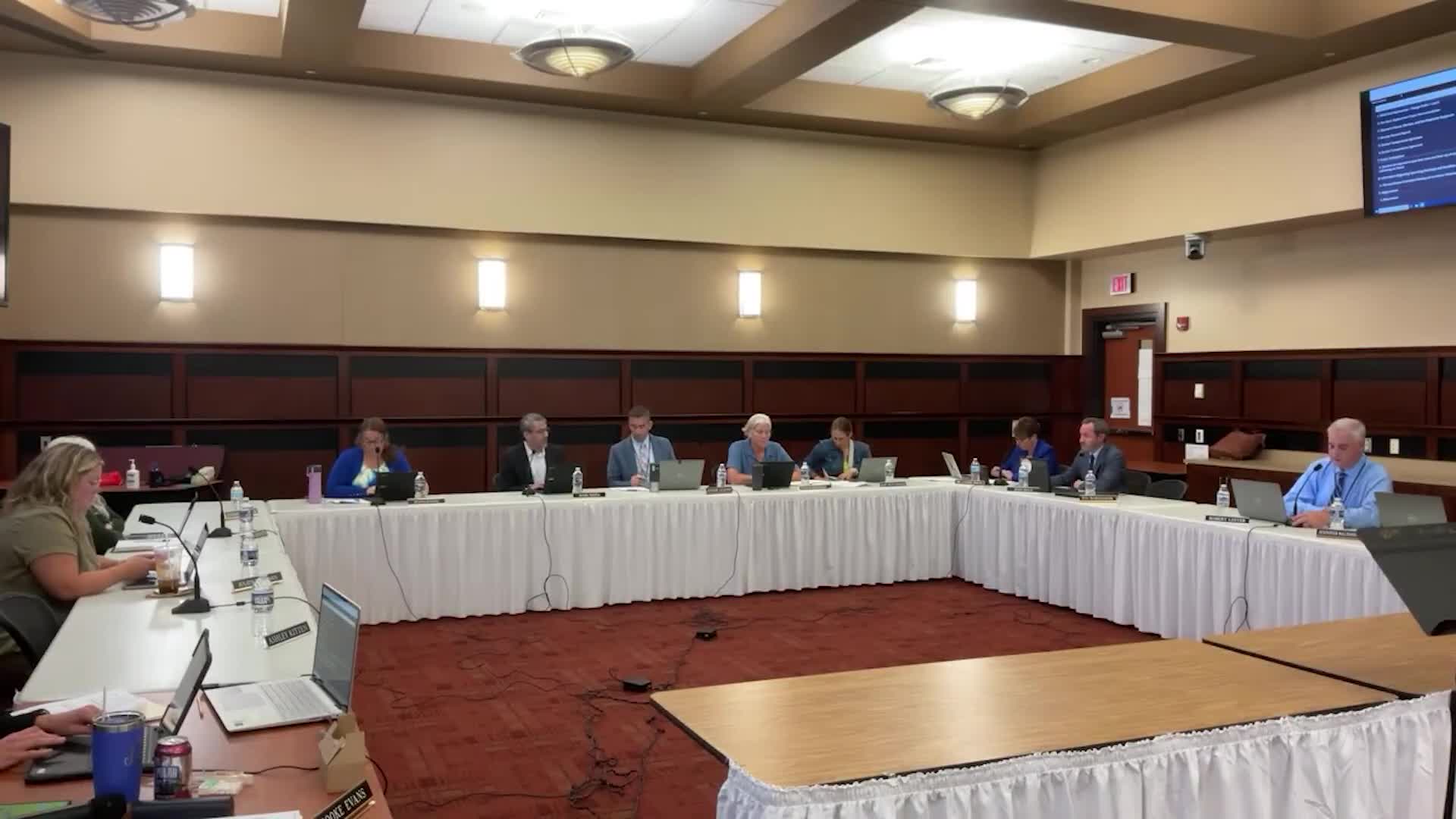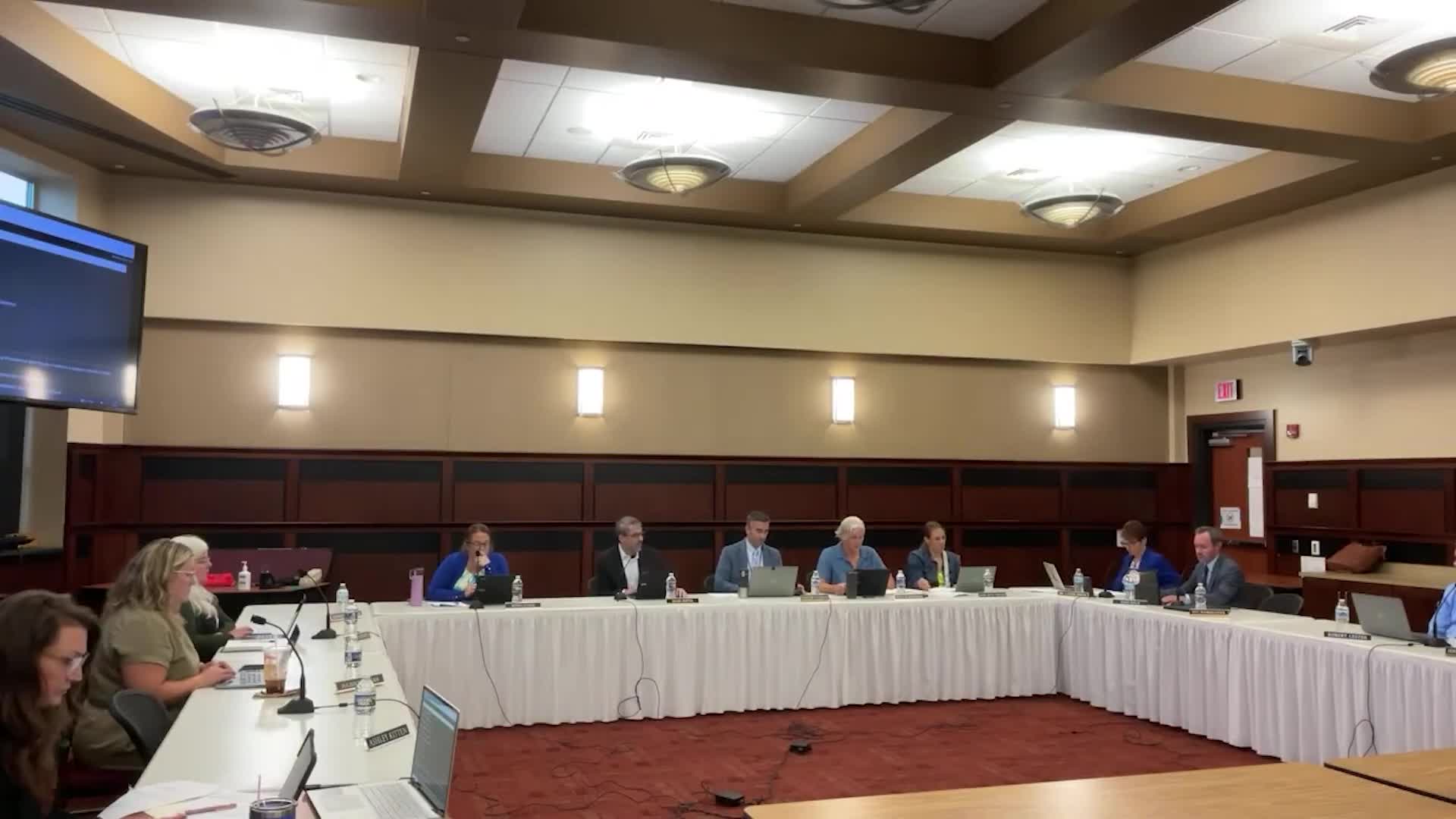Article not found
This article is no longer available. But don't worry—we've gathered other articles that discuss the same topic.

Committee ratifies two annual student transportation agreements, totaling up to $17,000

Finance committee reviews closeout projections and tax collections; resident raises questions about 4% tax increase

District recommends $1.09 million CoStars contract with Keystone to replace fire-alarm systems across four buildings

Maple Glen roof work completed; committee approves $272,454 change orders after rotten plywood found

